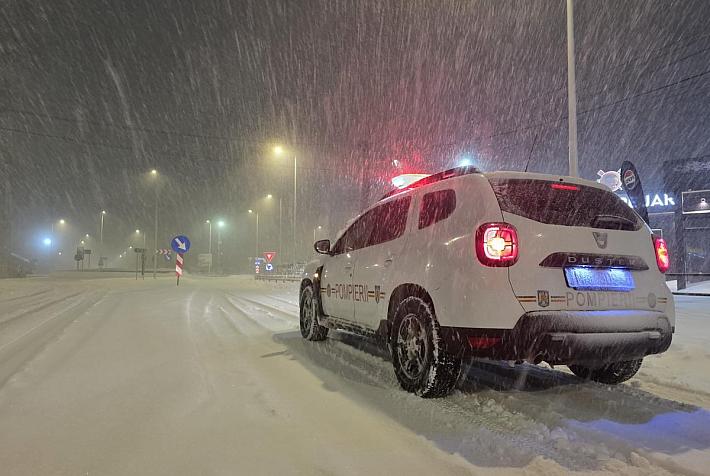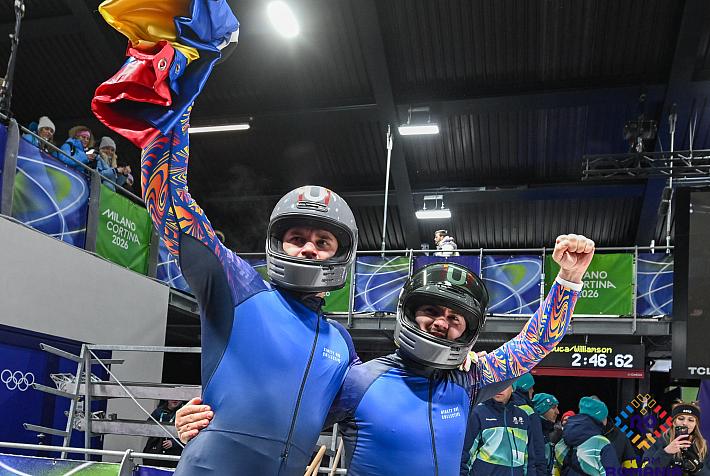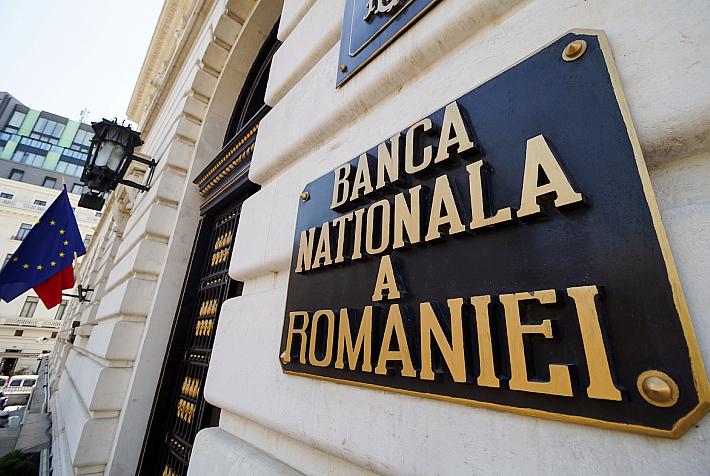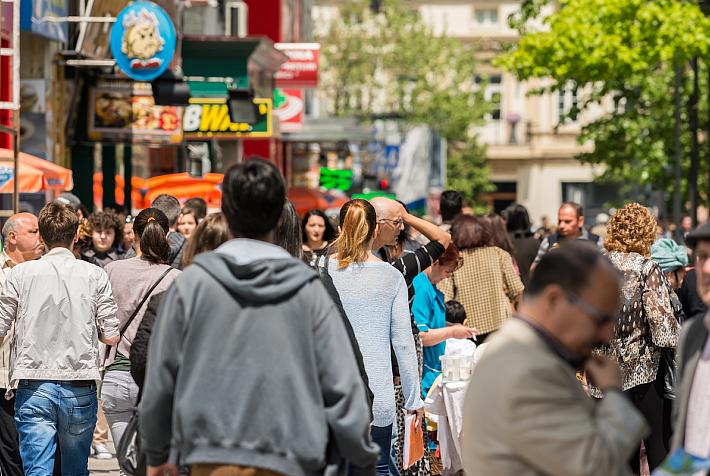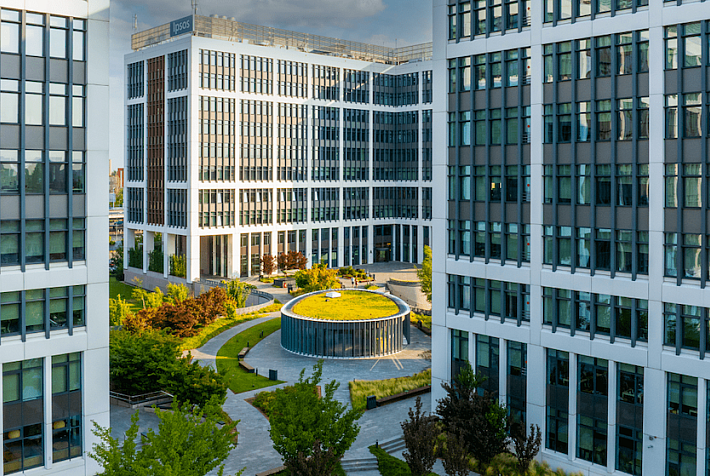Romania ranks 13 places above the UK in this year’s Global Peace Index

Romania has jumped nine places since last year to take the 26th spot in the 2015 edition of the Global Peace Index (GPI). Romania’s current position places it within a group of countries that have a ‘high’ state of peace, and only one rank away from having a ‘very high’ state of peace.
Achieving the highest rank would place Romania alongside nations like Norway and Germany. In fact, Romania already ranks above several highly developed nations like the UK, Italy, Chile and France (France’s ranking has been heavily affected by the Charlie Hebdo shootings in January) to name a few.
Europe as a whole, which has experienced an improvement in peace since the last report, is regarded as the world’s most peaceful region with Romania ranking 19th within this group. Greece was the region’s greatest improver as it jumped 22 places internationally, to 61st.
Unfortunately, this is not the case globally. Ukraine, which falls within the Eurasia region, dropped 18 places to 150th in the global rankings giving it a ‘very low’ state of peace in light of the conflict there. Over the past eight years, average country scores have deteriorated by 2.4% and thus the world has become less peaceful overall. The Middle East & North Africa (MENA) region now ranks as the most violent region (overtaking South Asia from last year).
In total, 81 countries have become more peaceful and 78 countries have become less peaceful, however, rankings are constantly changing and adjusting to local and global events. For instance, the way in which certain European nations have reacted to the migrant crisis may affect their ranking i.e. Hungary building a fence to keep migrants/refugees out (Hungary is currently ranked 22nd with a ‘very high’ state of peace).
On a global scale, improvements are noted on the decline in external conflicts but the number of refugees, deaths from internal conflicts and the impact of terrorism are all on the rise.
The index also produces some astounding results regarding the economic impact of violence on the global economy. The report calculated that the total economic impact of violence on the global economy was USD 14.3 trillion (EUR 12.7 trillion) in 2014 or 13.4% of the world GDP. This was up 15.3 % from 2008.
Also, if global violence decreased by just 10%, the huge sum of USD 1.43 trillion (EUR 1.21 trillion) would be added to the world economy each year. Romania spent the equivalent of 3% of its GDP (or USD 621 per person (520 EUR) on violence containment in 2014.
The Global Peace Index, which is at its 9th edition this year, ranks 162 states (99.6% of the world’s population) on 23 indicators that cover three broad themes: the level of safety and security in society, the extent of domestic and international conflicts and the degree of militarization.
Iceland, Denmark, and Austria are the most peaceful countries in the world, with new Zealand, Switzerland, and Finland coming next. Canada, Japan, Australia, and the Czech Republic also make the top 10. Well-known conflict zones such as Syria, Afghanistan, and Iraq are at the bottom of this ranking. Russia is also among the least peaceful countries in the world, along several African states.
The US ranks 94th, being a medium-peaceful country. See the full report here.
Almost a third of Romanians do not feel safe in their country
By Dale Harris, editorial intern







